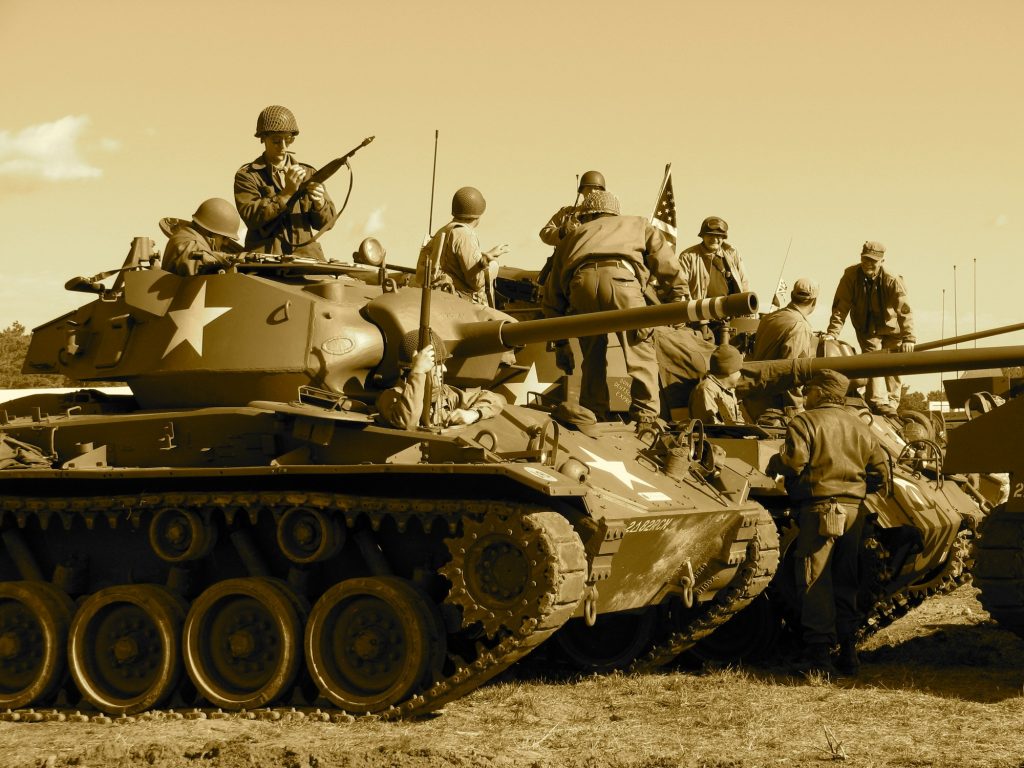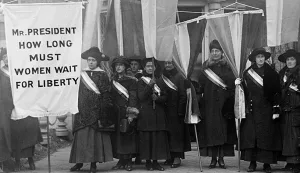15 best books for people interested in war history

War has been a constant presence throughout human history, shaping the course of nations, empires, and civilizations. From the ancient battles of Greece and Rome to the modern conflicts of the 21st century, war has left an indelible mark on human society. For those fascinated by the complexities of war and its impact on human history, there is a wealth of literature available, offering insights into the political, social, military, and human dimensions of conflict.
In this article, we will explore the 15 best books for war history enthusiasts, covering a range of conflicts, periods, and perspectives. From classic works of military history to personal memoirs and literary masterpieces, these books offer a rich and nuanced understanding of war and its enduring impact on human society. Whether you’re a historian, a military buff, or simply curious about the human experience, these books are sure to provide a compelling and thought-provoking exploration of the nature of war and its place in human history.
1. “The Rise and Fall of the Third Reich” by William L. Shirer
Shirer’s monumental work is a comprehensive history of Nazi Germany, covering its rise from the ashes of World War I to its eventual downfall in 1945. With unparalleled access to Nazi documents and archives, Shirer provides a detailed and engaging narrative of the political and military machinations of the Third Reich, including the Anschluss, the invasion of Poland, and the atrocities of the Holocaust.
2. “A History of Warfare” by John Keegan
Keegan’s influential work traces the evolution of warfare from ancient times to the modern era, examining the interplay between technology, tactics, and society. From the phalanx formations of ancient Greece to the nuclear age, Keegan’s sweeping narrative explores the development of warfare and its impact on human history, highlighting key battles, military leaders, and technological innovations that shaped the course of conflict.
3. “The Guns of August” by Barbara W. Tuchman
Tuchman’s Pulitzer Prize-winning account of the first month of World War I sets the stage for the devastating conflict that followed, exploring the political and military blunders that led to the Great War. With a focus on the personalities and decisions of key leaders, Tuchman’s gripping narrative covers the complex web of alliances, the assassination of Archduke Franz Ferdinand, and the military mobilizations that plunged Europe into war.
4. “We Were Soldiers Once… And Young” by Harold G. Moore and Joseph L. Galloway
This gripping narrative recounts the Battle of Ia Drang, the first major conflict between American forces and the North Vietnamese Army in 1965. Told from the perspectives of the commander who led the troops and a journalist who witnessed the battle, the book provides a detailed and personal account of the intense fighting, the heroism of the soldiers, and the political and military decisions that shaped the outcome of the battle.
5. “Sapiens: A Brief History of Humankind” by Yuval Noah Harari
While not exclusively focused on war history, Harari’s sweeping narrative covers the entire span of human existence, including the impact of war on the development of civilizations. From the emergence of Homo sapiens in Africa to the present day, Harari explores the role of war in shaping human societies, cultures, and empires, highlighting key conflicts and military innovations that have influenced the course of human history.
6. “The Art of War” by Sun Tzu
This ancient Chinese treatise remains a timeless classic, offering wisdom on military strategy, tactics, and philosophy that continues to influence military thinkers and leaders worldwide. Sun Tzu’s concise and insightful work covers topics such as the importance of deception, the use of spies, and the need for adaptability in warfare, providing a unique perspective on the nature of conflict and the art of winning wars.
7. “D-Day: The Battle for Normandy” by Antony Beevor
Beevor’s meticulously researched account of the D-Day invasion and subsequent battle for Normandy provides a detailed and engaging narrative of one of World War II’s pivotal moments. With a focus on the experiences of soldiers, sailors, and airmen from both the Allied and Axis forces, Beevor’s book explores the planning and execution of the invasion, the brutal fighting on Omaha Beach, and the eventual breakout from the Normandy beachhead.
8. “The Diary of a Young Girl” by Anne Frank
This poignant and powerful memoir by a young Jewish girl hiding from the Nazis in Amsterdam during World War II offers a unique perspective on the human cost of conflict. Anne Frank’s diary entries provide a personal and intimate account of life in hiding, the fear and uncertainty of persecution, and the hopes and dreams of a young girl caught in the midst of war and genocide.
9. “The Civil War: A Narrative” by Shelby Foote
Foote’s magnum opus is a comprehensive and engaging history of the American Civil War, covering the conflict from multiple perspectives and exploring its profound impact on American society. With a focus on the personalities and experiences of key leaders, soldiers, and civilians, Foote’s narrative covers the political and military events that led to the war, the battles and campaigns that shaped its outcome, and the social and cultural transformations that followed.
10. “The Battle of Stalingrad” by William Craig
Craig’s gripping narrative recounts the brutal and decisive battle on the Eastern Front, where the Soviet Red Army defeated the German Sixth Army in 1942-1943. With a focus on the experiences of soldiers and civilians, Craig’s book explores the political and military decisions that led to the battle, the intense fighting and brutal conditions of the siege, and the eventual defeat of the German army, marking a turning point in World War II.
11. “The Rise of the West: A History of the Human Community” by William H. McNeill
McNeill’s sweeping narrative covers the development of Western civilization, including the impact of war and military conflicts on the evolution of societies and cultures. From the ancient Near East to the modern era, McNeill explores the complex interplay between politics, economics, culture, and warfare, highlighting key conflicts and military innovations that shaped the rise of Western civilization.
12. “The Korean War: A History” by Bruce Cumings
Cumings’ authoritative account of the Korean War provides a detailed and nuanced understanding of the conflict, exploring its political, social, and military dimensions. With a focus on the experiences of soldiers and civilians, Cumings’ book covers the origins of the war, the military campaigns and battles, and the political and social transformations that followed, including the impact of the war on the United States, Korea, and the world.
13. “The First World War” by John Keegan
Keegan’s concise yet comprehensive history of World War I covers the political and military events that led to the outbreak of war and its devastating consequences. With a focus on the military campaigns and battles, Keegan’s book explores the trenches, the Somme, Verdun, and other key battles, highlighting the military strategies, technological innovations, and human experiences that shaped the course of the war.
14. “The Vietnam War: An Intimate History” by Geoffrey C. Ward and Ken Burns
This companion volume to the acclaimed PBS documentary series offers a rich and multifaceted exploration of the Vietnam War, incorporating personal stories, historical analysis, and archival materials. With a focus on the experiences of soldiers, civilians, and politicians, Ward and Burns’ book covers the political and military events that led to the war, the battles and campaigns, and the social and cultural transformations that followed, including the impact of the war on the United States and Vietnam.
15. “War and Peace” by Leo Tolstoy
Tolstoy’s literary masterpiece follows the lives of several families during the Napoleonic Wars, offering a profound exploration of the human experience, love, family, and the impact of war on individuals and society. With a focus on the experiences of soldiers, civilians, and aristocrats, Tolstoy’s novel explores the Battle of Austerlitz, the burning of Moscow, and the eventual defeat of Napoleon, highlighting the human cost of war and the search for meaning and purpose in the midst of conflict.
Each of these books offers a unique perspective on war history, exploring the political, social, military, and human dimensions of conflict. From ancient times to modern wars, these works provide a rich tapestry of knowledge and understanding, essential for anyone seeking to grasp the complexities of human conflict and the enduring impact of war on human society.



